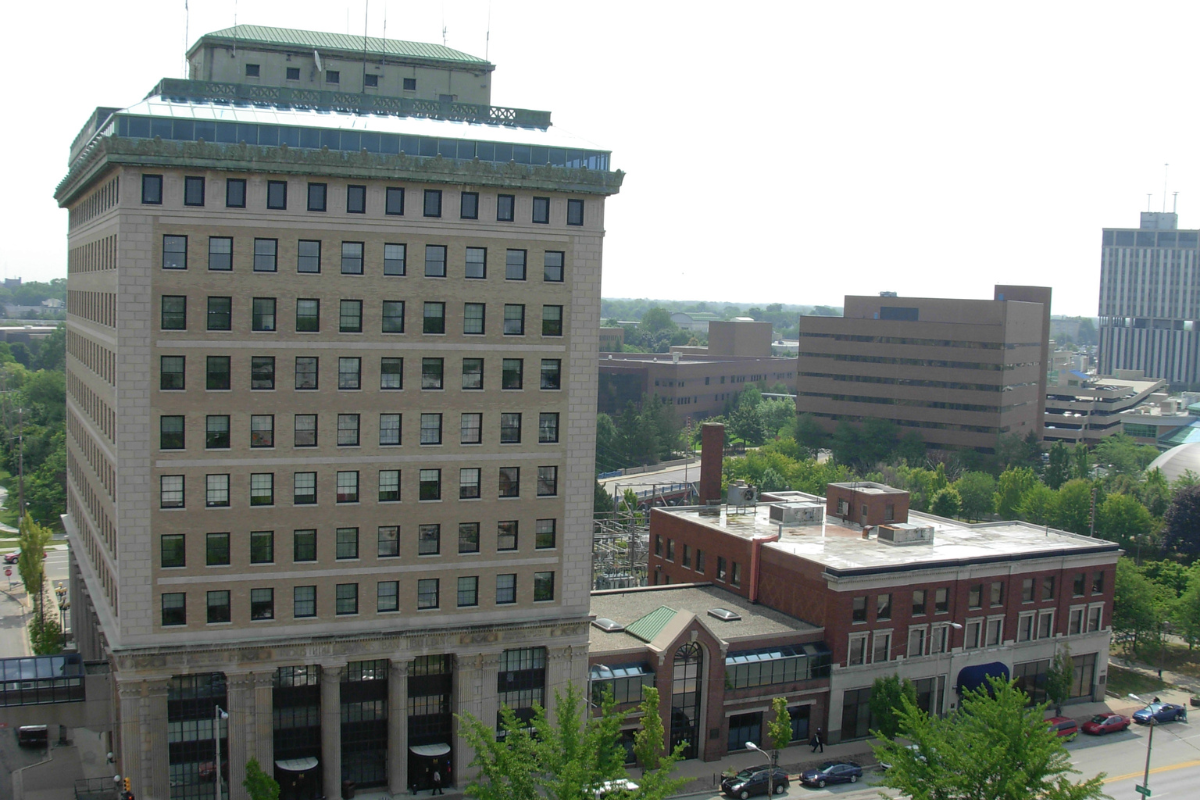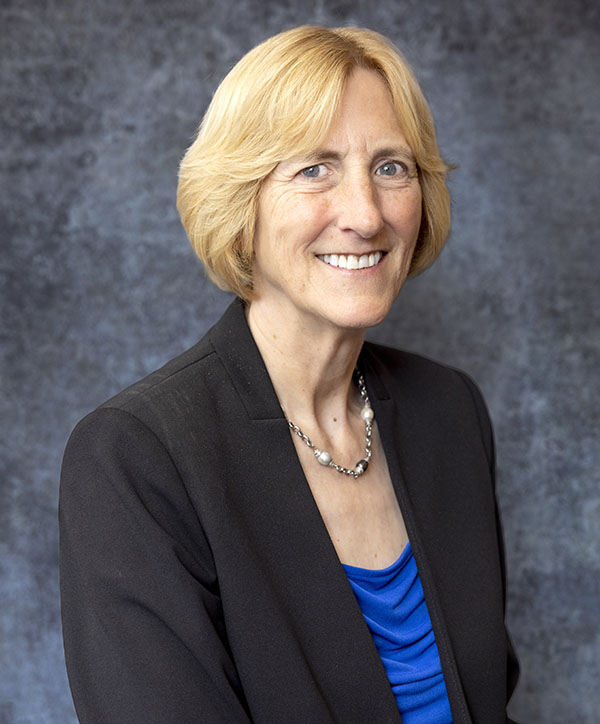UM-Flint partners with Flint Cultural Center Academy to host new high school

In a move highlighting the power of community partnerships, the University of Michigan-Flint has announced that it is entering into a three-year lease agreement to house the Flint Cultural Center Academy's new high school at the university's Northbank Center beginning this fall.
According to Donna Fry, UM-Flint interim chancellor, this initiative is a testament to the university's commitment to civic responsibility and fostering educational opportunities for area youth.

"The partnership between our campus and the FCCA underscores the importance of collaboration in creating a robust educational environment in our region," said Fry. "By providing essential facilities to the FCCA's new venture, the university is supporting the high school's immediate needs and investing in the community's future.
"This initiative reflects our dedication to serving our community. By supporting the Academy, we are enhancing the learning experience for area high school students and reinforcing our role as a pillar of community development."
The FCCA, which currently hosts K-8 students at its 78,000-square-foot Robert T. Longway Boulevard campus, expects to place 50 ninth-grade students on the UM-Flint campus for fall 2024. It will add additional grades each subsequent year, with 10th grade going live in 2025, 11th grade in 2026, and 12th grade in 2027.
"Since the inception of the Flint Cultural Center Academy, K-12 educational opportunities have always been part of the plan," said Eric Lieske, CEO of FCCA. "Discussion and much investigation have taken place over the last three years about where these high school opportunities would take place for FCCA students. We are pleased to partner with the University of Michigan-Flint in order to provide innovative and experiential learning activities for our secondary students."
Lieske added that the school anticipates having 50 first-year students enrolled for fall 2024 and projects a combined 100 students (ninth and 10th grades) the following year and 175 (ninth, 10th, and 11th grades) in 2026.
The FCCA's footprint at UM-Flint will begin with a 5,200-square-foot space this fall, with the option to expand in the coming years if necessary. Classes will begin Aug. 1.
"This arrangement has the opportunity to open doors for future collaborative programs, such as mentorship from university students, career exploration, and access to college-level courses," said Fry. "Such interactions are invaluable in preparing high school students for higher education and beyond."
UM-Flint currently partners with the Genesee Intermediate School District to operate the Genesee Early College. GEC is an intensive, state-of-the-art, five-year high school combining the best high school and early university experience elements. Located on the UM-Flint campus, GEC is one of the few early college high schools in the state to be located on a university campus.
GEC's specialized curriculum prepares students for success in university-level coursework and future careers in any field. Students get a head start on their four-year degree paths, allowing them to earn up to 60 free, transferable college credits while earning their high school diploma.
Fry added that the new partnership with FCCA also reflects the broader mission of UM-Flint to promote civic responsibility among its students and faculty. "By engaging in meaningful community partnerships, the university encourages a culture of service and social responsibility," she said. "This environment nurtures students who are academically accomplished and civically engaged.
"Our collaboration with the new high school is a perfect example of how higher education institutions can play a pivotal role in community building. It's about creating a symbiotic relationship where the university and the community thrive together."
Lieske said the partnership between the two entities sets a precedent for other educational institutions. "It showcases how universities can leverage their resources and expertise to impact local education systems substantially," he said.
"The benefits of such partnerships extend beyond the immediate academic gains; they cultivate a sense of unity and shared purpose within the community. As UM-Flint opens its doors to younger students, it fosters a culture of inclusivity and continuous learning."
Related Posts
No related photos.
Robb King
Robb King is the director of marketing and communications at UM-Flint. He can be reached at rwking@umich.edu.